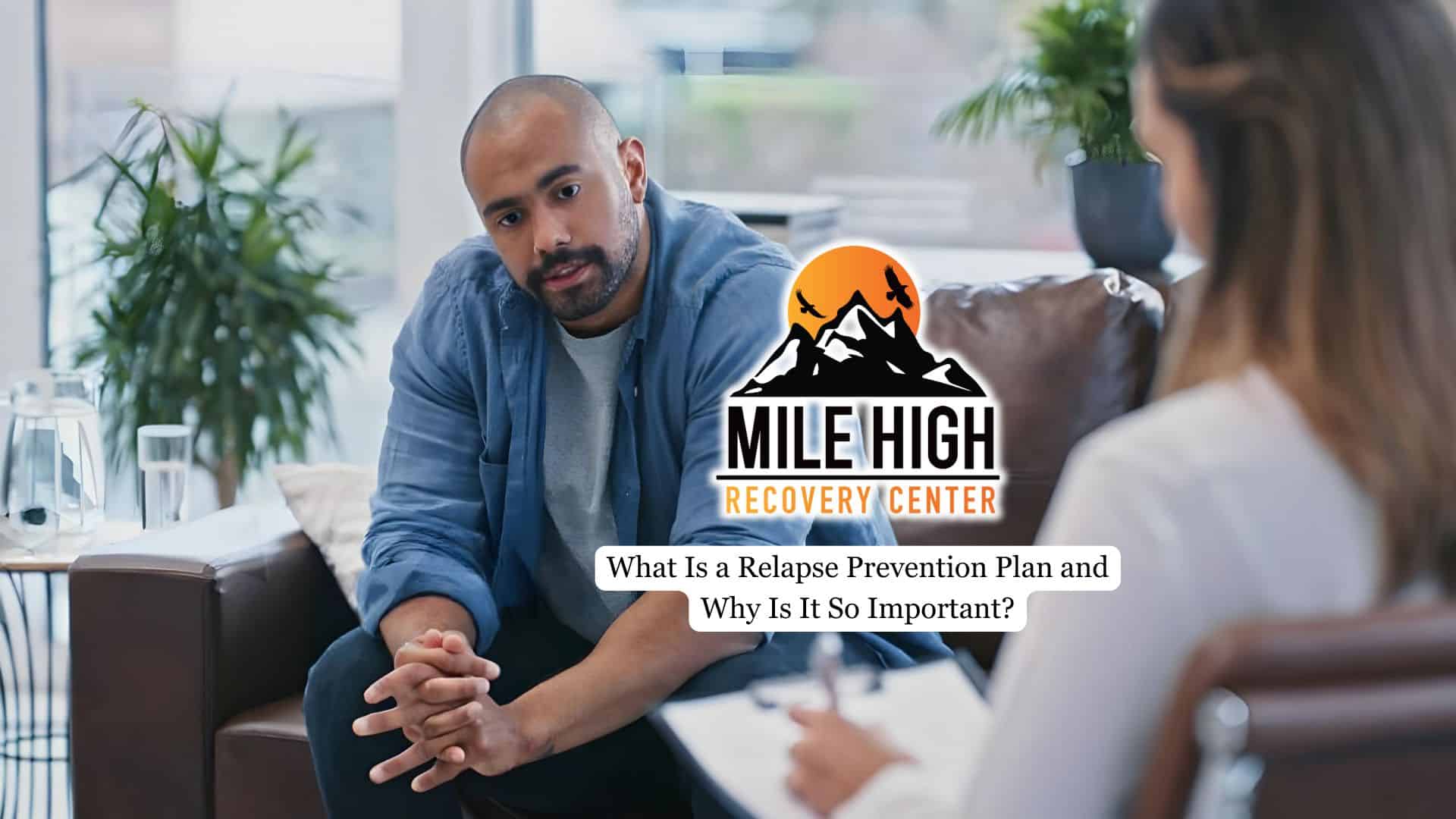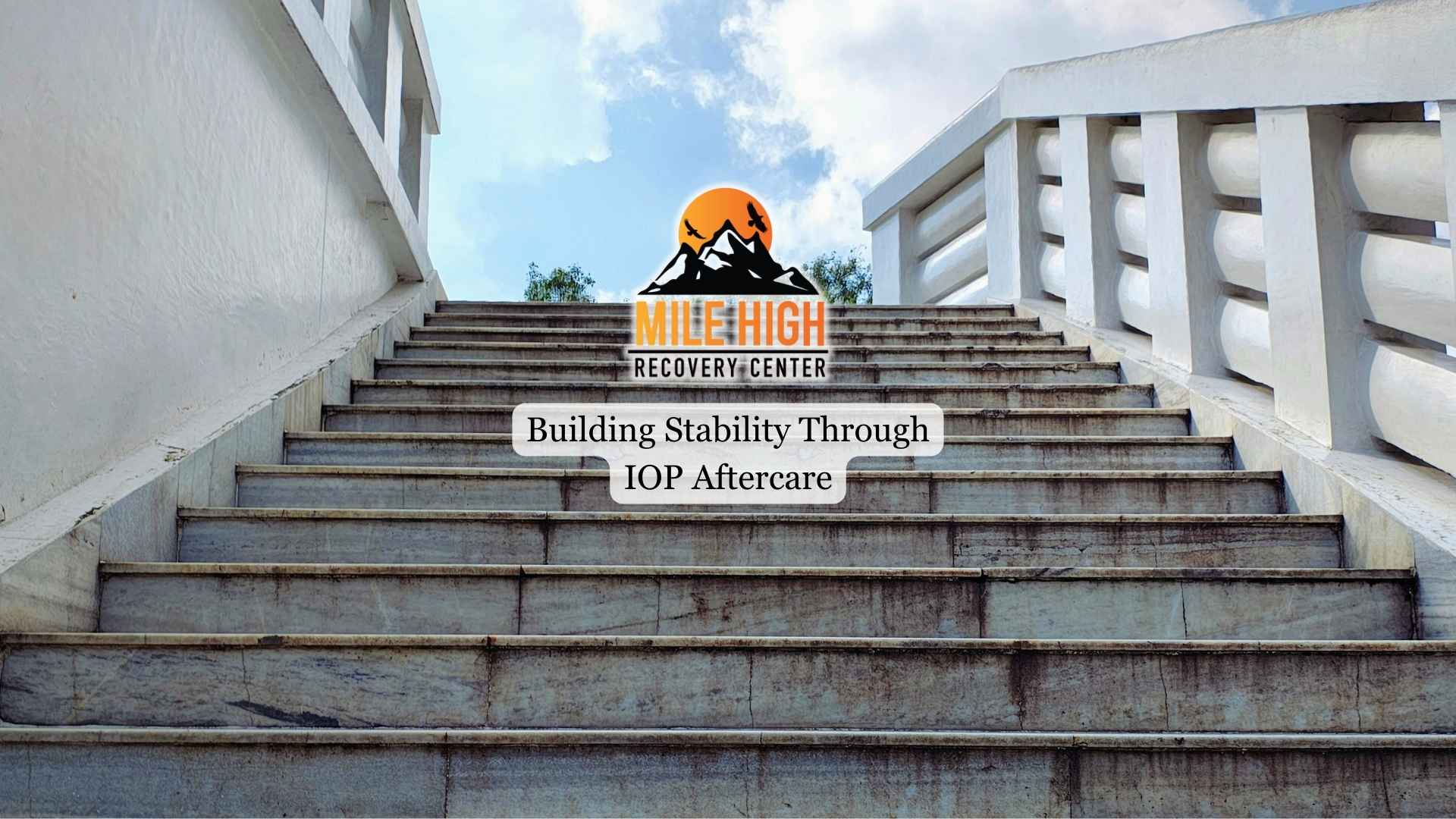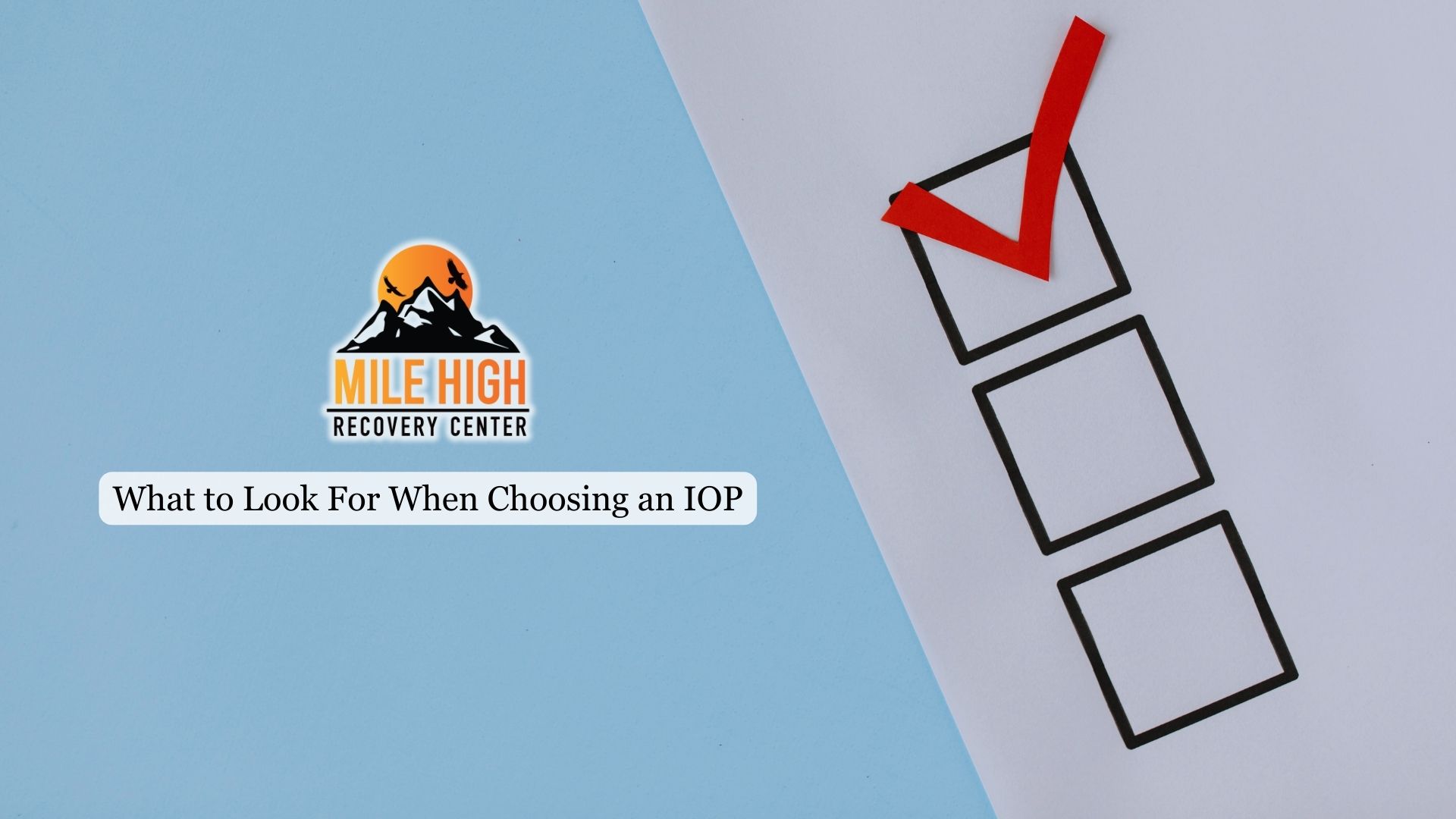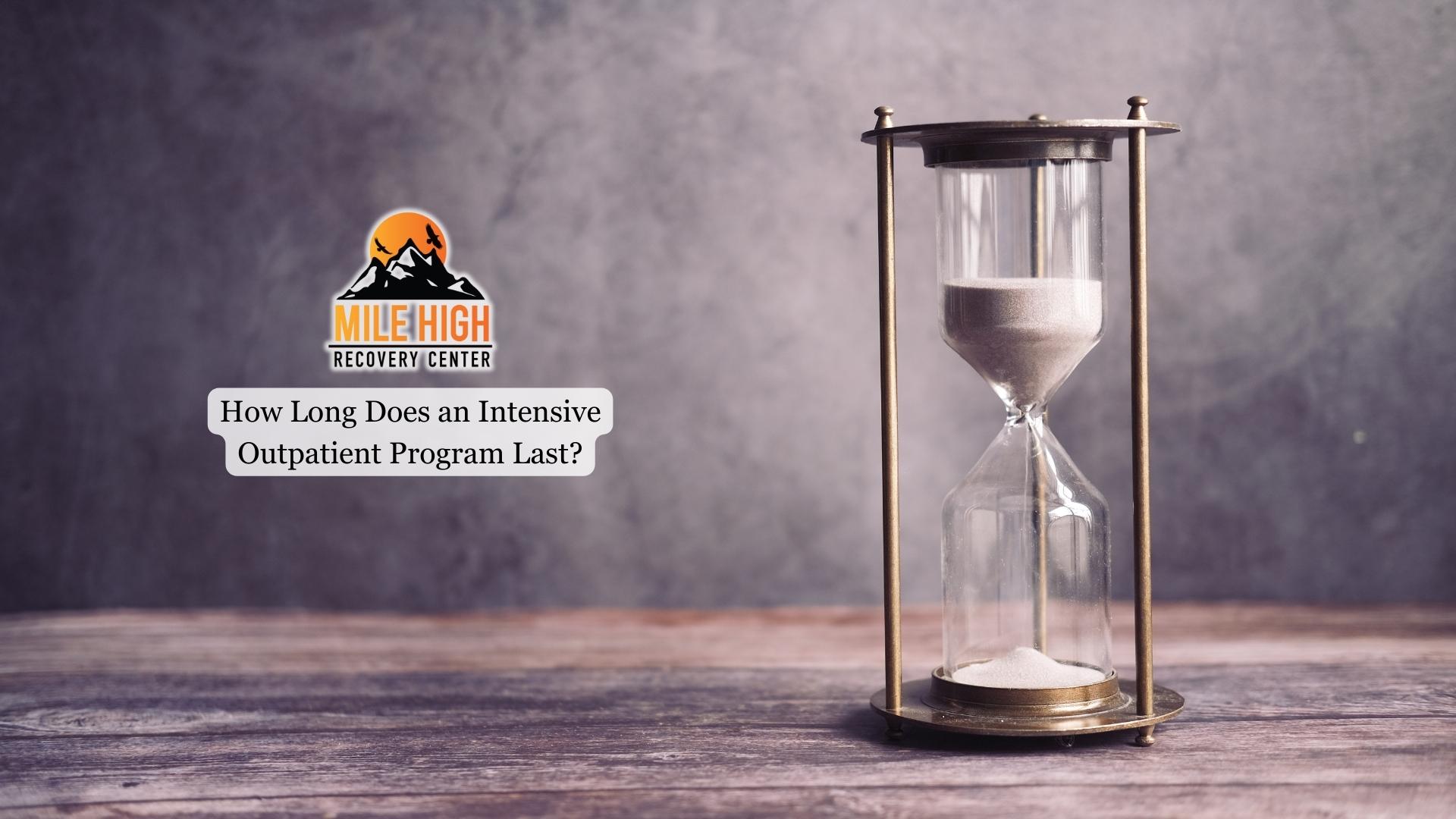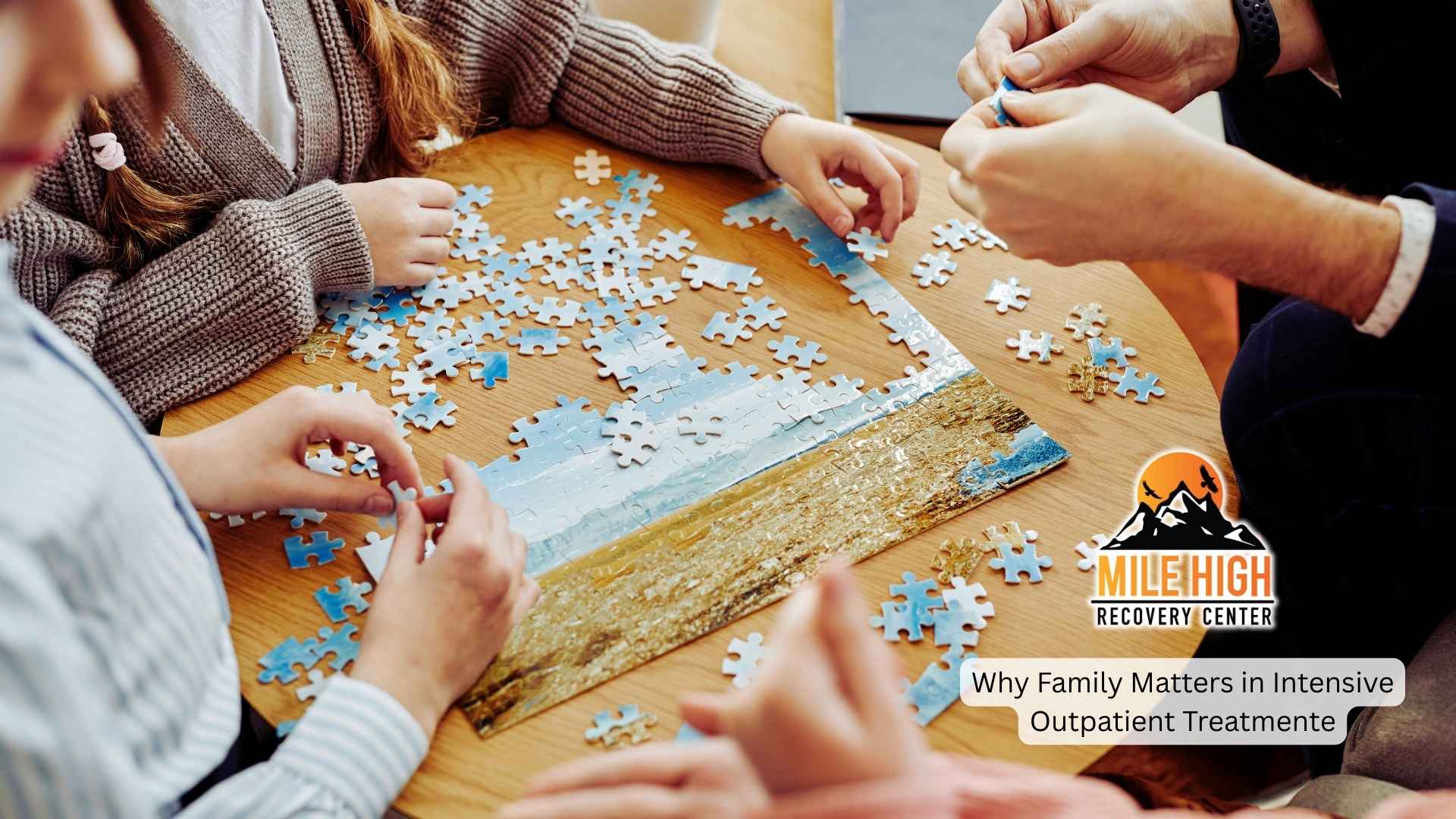Relapse is a common and challenging part of the addiction recovery journey, underscoring the chronic nature of substance use disorders. A relapse prevention plan is a vital, personalized tool designed to help individuals recognize and manage triggers, cravings, and warning signs that may lead to the person resuming their self-destructive behavior. This plan is essential to maintaining sobriety and supporting long-term recovery.
In this article, we will explain what a prevention plan is, explore its key components, and discuss why having this plan in place is crucial for reducing the risk of going back to addiction and sustaining recovery success.

What Is a Relapse Prevention Plan?
Relapse refers to the return to substance use after a period of abstinence, often triggered by stress, emotional challenges, or exposure to familiar cues.
A prevention plan is a written document and actionable blueprint tailored to an individual’s unique needs and circumstances. It helps people in recovery identify triggers for substance use and develop healthy coping skills to manage cravings and high-risk situations.
Far from seeing it as a failure, the plan views the return to substance use as a process involving mental, emotional, and physical stages. It provides strategies to recognize early warning signs and outlines how to avoid or respond to these signs to maintain abstinence and prevent the behavior from coming back.
For additional support, those struggling with substance use and who wish to avoid relapse should enroll in a professional relapse prevention program that offers structured guidance, coping strategies, and peer accountability to reinforce long-term recovery and prevent setbacks.
Why Is a Prevention Plan Important?
The importance of a prevention plan cannot be overstated. It empowers individuals to take control of their recovery process by increasing self-awareness about their triggers and risk factors. By having prevention strategies and a support system in place, people are better equipped to handle cravings and challenging situations without turning back to drug or alcohol use.
Such a plan supports behavioral health by reducing its likelihood and severity and helps sustain long-term recovery and improved psychological health. It serves as a critical guide during early recovery when the risk is often highest.
Key Components of a Relapse Prevention Plan
Identification of Triggers
Recognizing both internal triggers such as stress, negative emotions, or mental health symptoms, and external triggers like specific people, places, or events associated with past substance use.
Coping Strategies
Developing healthy coping skills, including mindfulness-based techniques, stress management, assertiveness, and relaxation methods, to effectively manage cravings and emotional distress.
Support Network
Establishing a reliable support system composed of family, friends, therapists and relapse prevention groups, or sponsors who can provide encouragement, accountability, and guidance when facing warning signs.
Emergency or Action Plan
A clear, step-by-step plan of action to follow if signs of relapse occur, such as contacting a healthcare provider, attending group therapy, or re-engaging with treatment services.
Regular Self-Monitoring and Adjustment
Periodic self-assessment to recognize early warning signs, allowing the individual to modify their prevention plan as needed in response to evolving risks or mental health conditions.

How to Build and Use a Relapse Prevention Plan
Creating an effective prevention plan is best done collaboratively with healthcare providers or addiction counselors who understand the complexities of substance use disorders and co-occurring mental health issues.
The plan should be personalized to incorporate the individual’s history with substance use, identified triggers, and preferred healthy coping skills. Integrating the plan into daily routines and recovery activities, such as group therapy and mindfulness practices, strengthens long-term commitment to sobriety.
Since relapse is part of many recovery journeys, regularly revisiting and updating the plan ensures it stays relevant and effective as the person’s psychological and behavioral health needs change.
Final Thoughts from Mile High Recovery
A prevention plan is a crucial part of the recovery process that helps reduce the risk of going back to the addiction and supports sustained abstinence from drug or alcohol use. By identifying triggers, building coping skills, establishing a strong support system, and preparing for potential scenarios, individuals can navigate the challenges of addiction recovery with greater confidence and resilience.
At Mile High Recovery, our Relapse Prevention Program in Denver, CO, offers a supportive space to build resilience. This program is designed to equip individuals with the tools and strategies necessary to sustain long-term sobriety and confidently face future challenges which could compromise your recovery progress.


